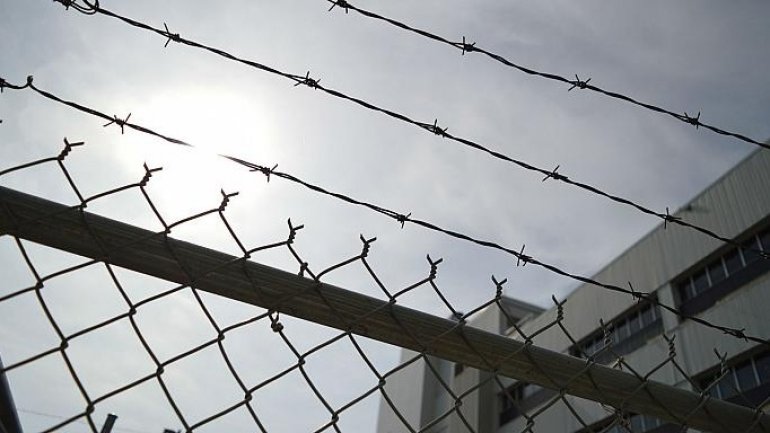Illegal medicine trading scheme: 8 people arrested and 11 put under house arrest for 30 days
 foto: euronews.com
foto: euronews.com
The 8 people accused in a medicine case remain in custody, for different periods of time, while 11 are placed under house arrest for 30 days. According to representatives from National Anticorruption Center, a cardiologist was hospitalized with a Cardiovascular disease.
PUBLIKA.MD reminds that those people were arrested after searches were performed in multiple regions of the country.
20 people, among whom are doctors and pharmacists were arrested by Anticorruption officers and prosecutors. They are suspected of passive and active corruption, as well as power abuse, in a case where an illegal scheme was established by representatives of pharmaceutical companies who persuaded doctors to promote their products and to prescribe patients certain drugs that were in the stocks of pharmacies.
According to the investigation representative of pharmacies from the whole country would find doctors and persuade them to prescribe certain drugs that the pharmacies had in stock. In their turn, doctors would prescribe the drugs and even indicate pharmacies where they can be bought. For promoting the medicine, they would systematically receive money, goods or would be sponsored to go abroad. During the investigation, it was established that there were cases when agents would insist for doctors to prescribe a bigger dose for patients, because the medicine was nearing to its expiration date.
In this case were also investigated the actions of members of some Councils for medicine covered by insurance who included or mentioned certain products to be included in the list of drugs covered by insurance, this being a breach of the Rules according to which the list of medicine covered by health insurance is created.
While some economic agents were searched, various evidence were confiscated, including money and goods, meant to be used as repayment to doctors who promoted the drugs. At the same time, a list was confiscated, with the names of all implicated doctors, medical institutions where they worked, the name of the drugs they promoted, as well as the money and goods they have or were supposed to receive. Prescriptions lacking the name of a patient, but indicating the drugs was also seized, as well as unaccounted money in different currencies.
If found guilty, the suspected doctors risk to 10 years of imprisonment, while pharmacists to 6 years behind bars.